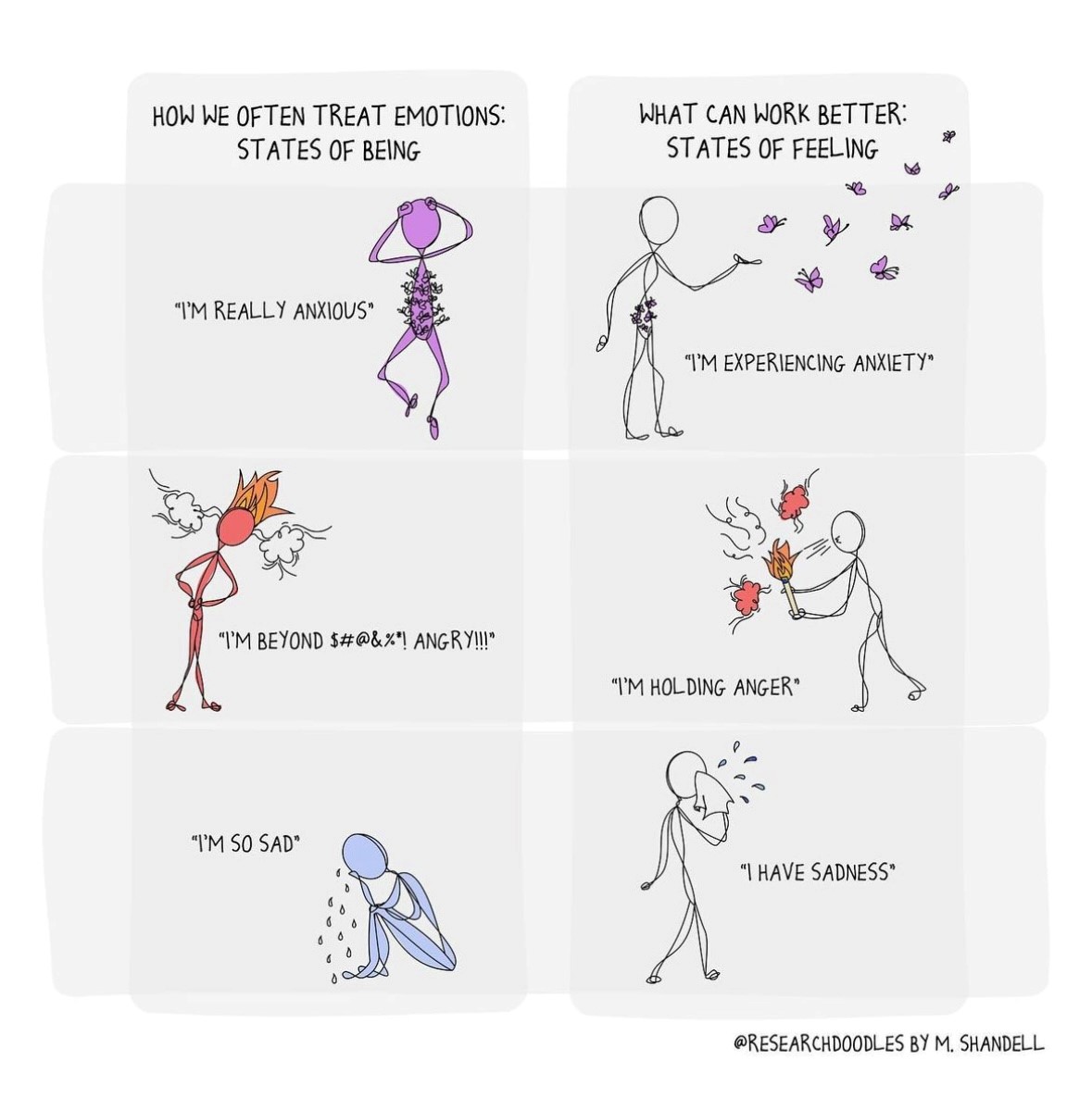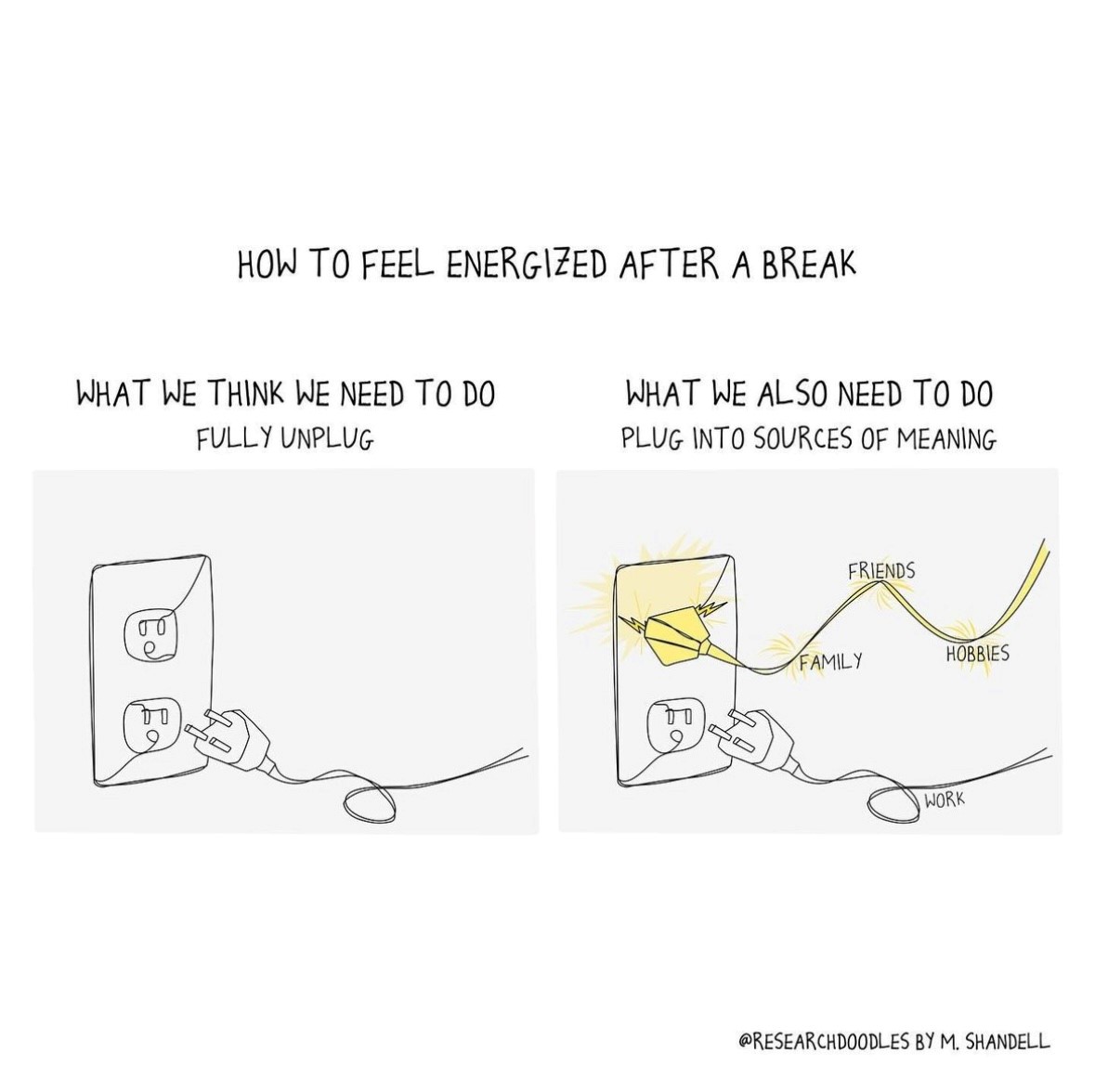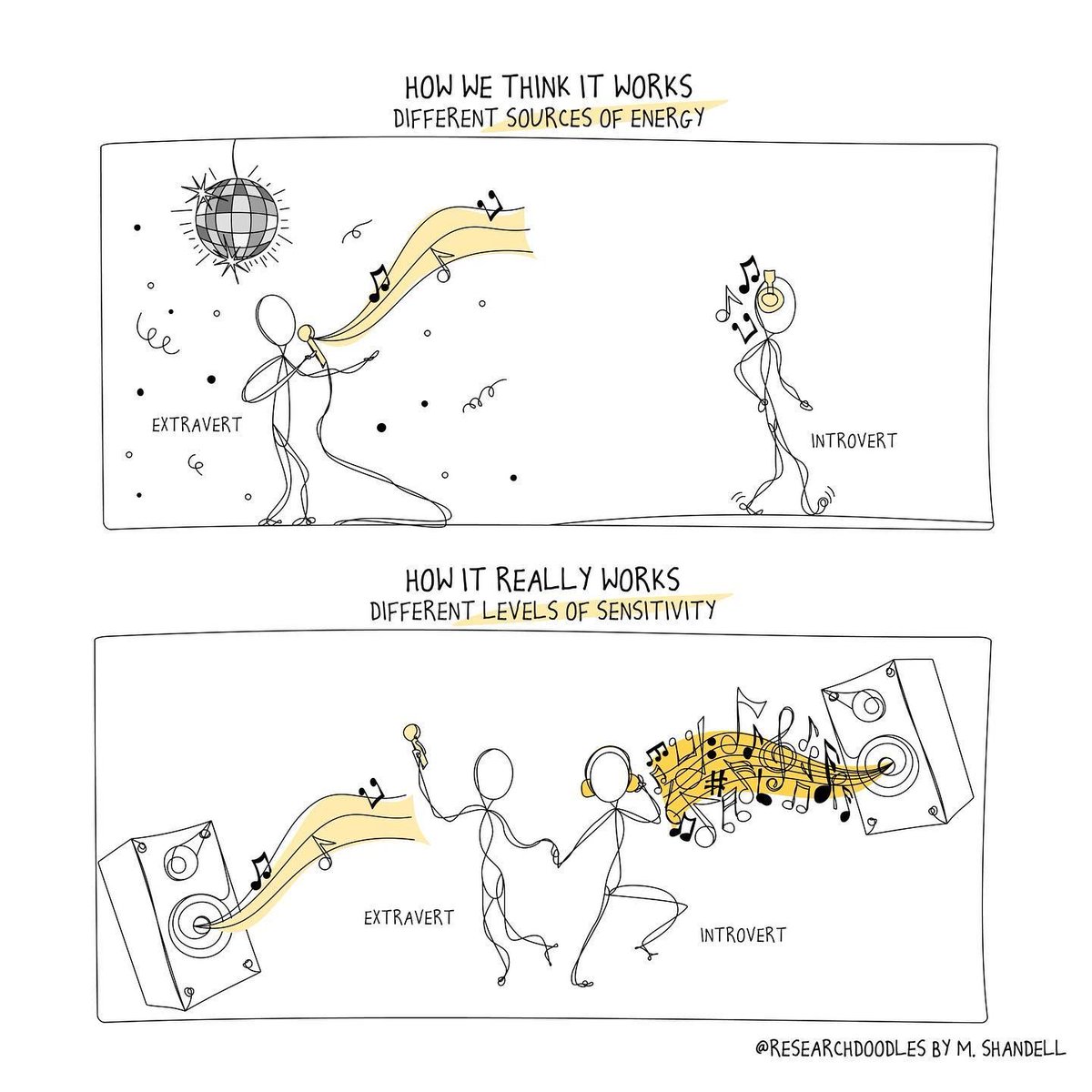
Marissa Shandell
@marissashandell
Organizational Behavior PhD Candidate @Wharton. Doodling for fun about how to feel and do our best at work @researchdoodles on IG.
ID: 1136663078563540992
https://instagram.com/researchdoodles 06-06-2019 15:56:10
140 Tweet
1,1K Followers
318 Following








While emotions may feel like they don’t belong in the workplace, the late The Wharton School professor Sigal Barsade showed that “emotional culture” is a key predictor of success: whr.tn/3YeL6us The next “Research Doodle” in our series by Marissa Shandell visualizes this concept.


Instead of SEEKING feedback, it’s more effective for leaders to SHARE feedback by openly discussing past critiques, found The Wharton School Prof. Adam Grant & PhD grad @Coutifaris. This led to: ✔️More actionable feedback ✔️More accountability ✔️Psychological safety 📝: @MarissaShandell


Speaking up at work is not always the answer. The Wharton School's @MichaelParke found that the highest-performing employees practice "strategic silence," or "the intentional withholding of untimely ideas," as illustrated here by @MarissaShandell. Read more: whr.tn/3AqhW1x


📝 Continuing our "Research Doodles" series with @MarissaShandell 📝 While tooting your own horn at work is important, including others when sharing your accomplishments is more effective, according to research co-authored by The Wharton School's Maurice Schweitzer: whr.tn/40ksHve






Love this advice from Andrew Ross Sorkin Great conversations are about bursty back-and-forths, not a series of aces.



Marissa Shandell The Wharton School Henning Piezunka Professional women are more likely to launch their own businesses after becoming mothers because they experience discriminatory wage reduction known as the "motherhood penalty," research from The Wharton School's Tiantian Yang founds: whr.tn/4bHBKw2 📝: Marissa Shandell



Marissa Shandell The Wharton School Henning Piezunka Seeing your life or career as a "hero's journey" – complete with a quest, obstacles, allies, and transformation – can help make them feel more meaningful, finds research from The Wharton School marketing professor @J1Berger: whr.tn/3xuCg0B 📝: @MarissaShandell, "Research Doodles"














